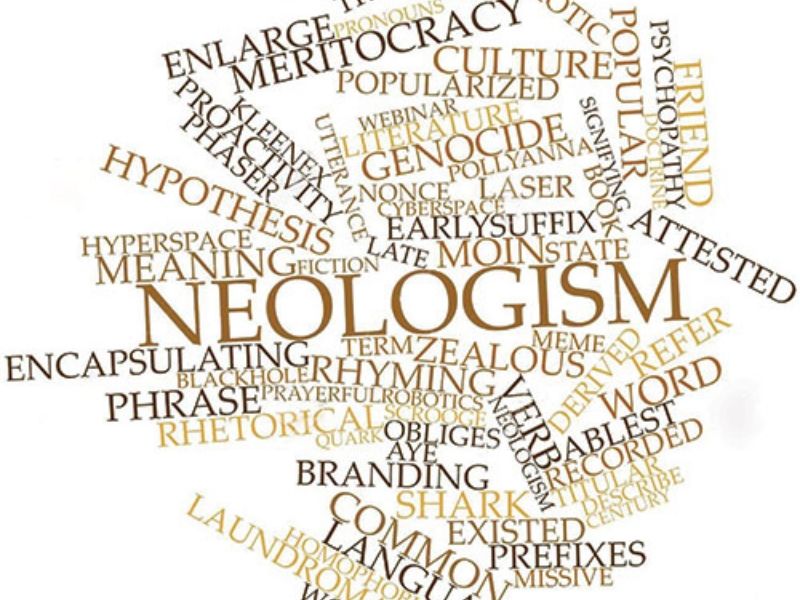
The words cold-blooded, blushing and amazement have something in common. English bard and playwright William Shakespeare (1564-1616) invented them. They didn’t exist before he coined them. Neologism is the formation of a new word or phrase which often becomes part of the English language after common use.
While many neologisms have become part and parcel of the English vocabulary, there are some which haven’t become common yet but are fascinating, nevertheless. For example, sarchasm was coined as a blend of sarcasm+chasm. Sarchasm denotes the gulf between an author of sarcastic witticism and a person who doesn’t get it. Similarly, blutter is a combination of blubber and stutter. It means a long, rambling speech going nowhere.
The charm of the English language is that it’s constantly evolving, incorporating new words such as selfie, meme and hashtags every day.
Neologisms are of three different types: portmanteau (blend words), derived and transferred words.
Portmanteau or blend words are created by combining existing words. For e.g smog=smoke+fog, brunch=breakfast+lunch.
Derived words are derived from original Latin or Greek phrases. For instance, villa is Latin for house and copious is derived from the Latin copia.
Transferred words use phrases directly from other languages and adjust the spelling or sound to neologise it fully. For example, the word ‘herbs’ is transferred from the French herbes while ‘alligator’ comes from the Spanish el lagarto.
Examples of neologism abound in literature as authors love creating new words. For instance Shakespeare coined ‘bedazzled’. “Pardon, old father, my mistaking eyes, that have been so bedazzled with the sun that everything I look on seemeth green” (Taming of the Shrew). Author Lewis Carroll fans will remember the word ‘jabberwocky’ from his classic Alice in Wonderland. Carroll coined it to a mix of unintelligible words.
The word ‘nerd’ was coined by American children’s author Theodor Seuss Geisel in his poem If I Ran the Zoo.
‘And then, just to show them, I’ll sail to Ka-Troo
And Bring Back an It-Kutch a Preep and a Proo
A Nerkle a Nerd and a Seersucker, too!’
English historian and writer Horace Walpole made up ‘serendipity’ after reading a Sri Lankan fairy tale The Princes of Serendip in which three princes had the happy coincidence of making fantastic discoveries by accident.
Pop culture has produced its own examples of neologisms. For instance ‘meh’ denotes anything boring or drab. The origin is uncertain; some believe it was first used in The Simpsons while others say it owes its origin to the Yiddish term mnyeh. ‘Chillax’ and ‘dude’ are other instances of pop neologisms.
All this prompts the question: Can anyone create a neologism? The answer is yes. Human beings have a wide range of emotions and all of them don’t have descriptive words yet. However, the reach and usage of the new word subsequent to its creation is what decides whether it is accepted into the English language or disappears into obscurity.
So, how does one coin a new word? Well, you can think of an emotion or idea which doesn’t have a descriptor yet. For example, the thought can be ‘happy about having holidays.’ You can create a new word by blending holiday and happy — ‘hollipy’. “I am feeling hollipy. Exams are finally over.” If students start using hollipy regularly, you could find it making its way into the Oxford dictionary!
Try it yourself!
Think of two feelings such as happy and surprise, or sad and disappointed. Blend the two words to form your own neologism.
Make one more. Write them below:
_________________________